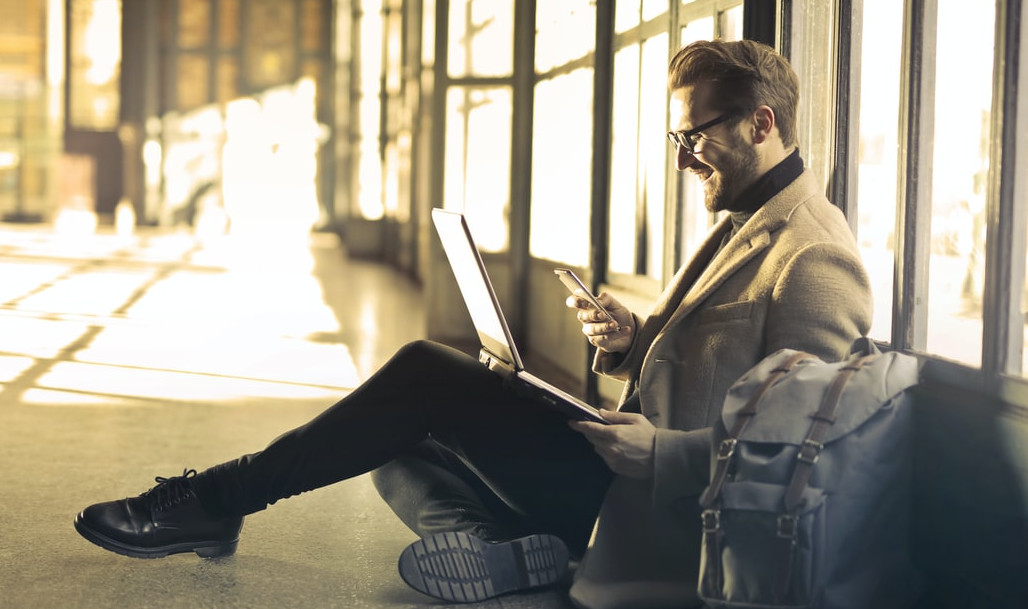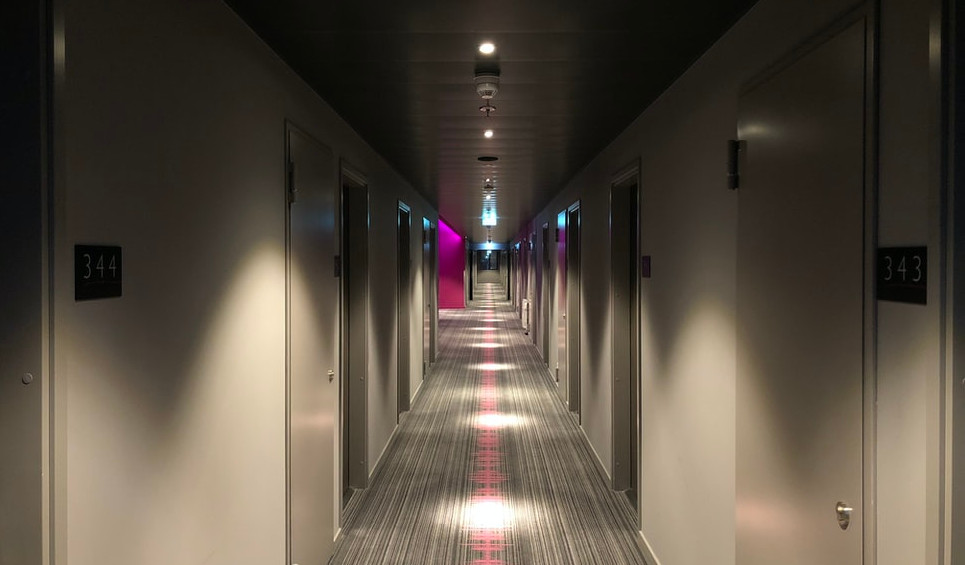If you read our blog you may remember we wrote a piece about lockdown supposedly ending on June 21st.
Much to our dismay (but not surprise) that date has been extended to July the 19th.
It’s a bitter pill to swallow for many of us but especially for our friends in the hotel industry. Careful preparation and planning now needs to be realigned with the new dates.
Continued restrictions on indoor dining combined with limitations for large bookings will also be squeezing profits evermore.
Despite these obvious issues, we always try to see the silver lining, even when the clouds are out in force. So, we’ve put together our top ways that hotels can use this time to bolster their guest experience.
1) Top up staff training
Getting staff ready for a deluge of guests will be a key part in providing the best possible experience. Many staff may be new or a little rusty, having not dealt with a full house in a year and a half.
The latest setback presents further opportunities for less experienced members of the team to get up to speed.
This could be through shadowing more tenured staff, watching training videos or simply getting some time with customers while things are a bit quieter.

2) Ensure wi-fi is up to scratch
It is now expected by the general public that wi-fi should be available everywhere. Unfortunately for hotels, this means it’s a necessity to have an acceptable level of connectivity across all rooms and communal areas.
This can be an expensive undertaking, especially for larger premises. Despite the cost it’s important to remember how vital good internet is, especially for guests on business.
A wise use of time before lockdown is lifted would be to check for any blind spots within the building.
Sometimes the solution is as simple as repositioning routers or installing boosters. It’s not always this easy, so it may help to check out Hospitalitynet’s handy guide on improving hotel wi-fi.
3) Improve / highlight sustainable credentials
As people become more and more focused on climate change, they look to businesses that align with their concerns.
Being able to offer a great experience is therefore dependent on providing peace of mind.
Using sustainable materials, taking advantage of renewable energy where possible and sourcing food from local sources are all part of this.
The next few weeks should present a good opportunity to take stock. Assess where changes are possible and make sure good practises are highlighted where they exist.
4) Add personal touches / rewards
Providing a good experience goes beyond the weekend itself. Kind gestures post visit will sit kindly in the mind of guests, hopefully winning future business
A thank you note post booking, without any marketing attatched is a free way to leave a good impression.
Rewarding repeat guests will make valued customers feel like they matter. The period before re-opening presents a great opportunity to reach out to such individuals and thank them for their custom.

5) Getting lost property right
That’s right, you guessed it. Making sure that the process for managing lost property is up to scratch is vitally important. It could even save you money. Traditional lost & found processes all too often involve often analogue solutions.
The logging of missing items on a physical ledger or spreadsheet not only consumes time for staff but also increases the risk of errors. Should a mistake occur it just means more time stolen from your team.
Ontop of this staff need to allocate hours managing enquiries, taking details and searching for missing items.
How does this detract from the customer experience?
Firstly, there’s not as much time to spend on customers. When you select your team, between them they have the skills to provide a fantastic customer experience.
If they’re running around trying to locate lost umbrellas and phone chargers, they can’t give your customers the attention they deserve.
Secondly, you run the risk of wasting the time of your guests. If someone has stayed in your hotel, only to leave something behind, they can hardly hold you accountable.
Where they can lay the blame is at the processes you use to handle lost & found enquiries.
If it’s drawn out, confusing and above all time consuming you risk turning a lovely weekend for a guest into a bad experience and angry google review.
If only there were a solution…
But of course there is
1) Someone hands in a lost item, one of your team takes a picture and uploads it to our database, alongside any relevant information
2) Our image recognition software creates a profile of that item
3) When a customer enquires, you direct them to a self service portal
4) They enter details of the missing item and our matching tool compares it against any relevant handed in possessions
5) A suitable match is found and our lucky guest is presented with a range of return options
So what do we have here?
A process that works and saves time for everyone. On top of this more items find their way home. This results in happier customers, less clutter in storage and fewer trips to the dump to throw away forgotten chargers. The Churchill in London took us up on this, and haven’t looked back since.
“Great system to use, very efficient and easy – the item can be allocated with a minute”
Executive Housekeeper, Hyatt Regency London
